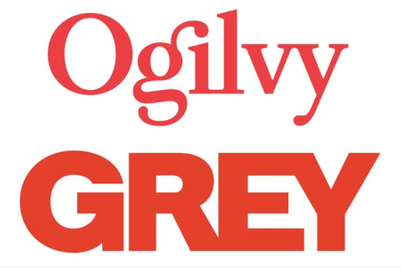
Through in-depth interviews with 100 elites in China—many of whom are in the Hurun Rich List—it was found that conventional luxury marketing tactics should be disrupted.
In China, luxury bears a definition of "outrageous excess running wild", prompting greater government intervention in gifting to curb greed and other unpleasant consumption behaviour, said Benjamin Chen, senior planner of TBWA Shanghai.
"We want to correct it to one of a more sophisticated nature," he told Campaign Asia-Pacific. "There has been so much focus on getting into the China market that luxury brands have spent short-term efforts in getting as much of the pie as possible".
This means that the idea of a luxury consumer being knowledgeable and cultural, instead of just rich and wealthy, is not being embraced fully by luxury brands.
An unseen pursuit of elevation from others for a legitimacy among social circles is part of the accumulation of cultural capital, as opposed to economic or social capital, for the 100-person luxury panel.
The members of the panel revealed to TBWA and Rhizome that they are not interested in showing off with luxury goods anymore, but are instead looking for ways to transcend social pressure in order to reconnect with themselves.
A sense of immortality in the face of death was mentioned in the interviews as a priority of life. For this reason, TBWA identified Patek Philippe, with its slogan 'You never actually own a Patek Philippe. You merely look after it for the next generation' as a truly soulful brand. "Its desirability stems from the idea of eternity," said Chen.
Brands such as Prada and Gucci have global consistency in branding based on prestige and status, but their lack of soul makes them "buy-on-the-go" luxury labels.
Guo Li, partner of Rhizome Research Center, added that while cultural facets like eternity, nature, ultimacy and community can be linked to "material lust", they represent a greater meaning in consumer’s lives than luxury brands can currently deliver.
In today's digital age, it is even more important for luxury brands to make connections with the soul, because digitalisation loses exquisite aspects that are essential to luxury, the researchers state.



.jpg&h=334&w=500&q=100&v=20250320&c=1)

.jpg&h=334&w=500&q=100&v=20250320&c=1)
.jpg&h=334&w=500&q=100&v=20250320&c=1)

.jpg&h=334&w=500&q=100&v=20250320&c=1)
.jpg&h=334&w=500&q=100&v=20250320&c=1)
.jpg&h=334&w=500&q=100&v=20250320&c=1)


.png&h=268&w=401&q=100&v=20250320&c=1)


.jpg&h=268&w=401&q=100&v=20250320&c=1)


